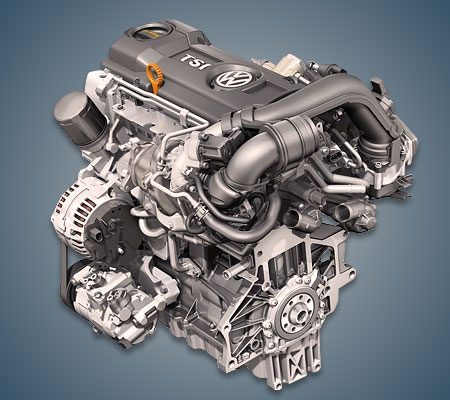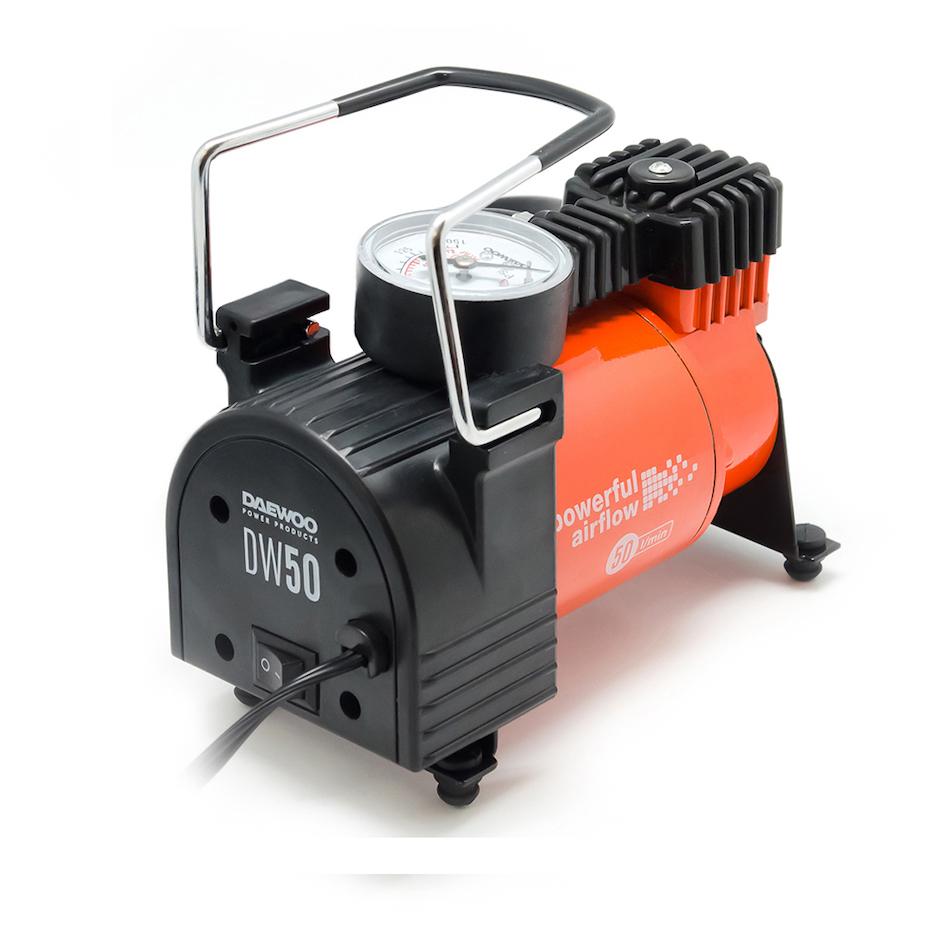
Volkswagen 1.4 TSI CAXA engine
Content
The turbocharged 1.4 TSI CAXA engine is a joint project of the German brands Volkswagen and Audi, which was produced from 2005 to 2015. The engine is based on 4 cylinders made of ductile cast iron, mounted 82 millimeters apart. The location of the 1st cylinder is TBE, that is, from the crankshaft pulley. In order to save fuel, the 16-valve cylinder head is made of aluminum alloy.
The main feature of the 1.4 TSI turbo engines with a capacity of 122 hp. from the CAXA series is a maintenance-free timing chain drive. The injector is responsible for supplying fuel to the engine, which also affects gas mileage. The type of power unit is in-line, the compression ratio is 10.
Technical specifications
| Engine displacement, cc | 1390 |
| Maximum power, hp | 122 |
| Maximum torque, N * m (kg * m) at rpm. | 200 (20) to 4000 |
| Fuel used | Gasoline AI-95 |
| Fuel consumption, l / 100 km | 5.9 – 6.8 |
| engine's type | Inline, 4-cylinder |
| Add. engine information | DOHC |
| Maximum power, h.p. (kW) at rpm | 122 (90) to 5000 122 (90) to 6500 |
| Compression ratio | 10.5 |
| Cylinder diameter, mm | 76.5 |
| The piston stroke, mm | 75.6 |
| Supercharger | Turbine Turbine and compressor |
| CO2 emission in g / km | 125 – 158 |
| Valve drive | DOHC |
| Number of valves per cylinder | 4 |
| Start-stop system | optional |
Where is the engine number
In the case of 1.4 TSI CAXA, the marking is applied to the left horizontal wall of the cylinder block - above the gearbox connector. Newer cars have a sticker in the same place, but on a vertical inclined platform. Also, the unit number is on the factory sticker.
Fuel and oil consumption
- in the city 8.2 l / 100 km;
- on the highway 5.1 l / 100 km;
- combined cycle 6.2 l / 100 km.
The 1.4 TSI CAXA engine spends up to 500 grams. oil per 1000 km. Replacement is carried out after 7500-15000 km of run.
Engine resource
The practice of car owners shows that with timely maintenance (reinstallation of the clutch, oil, use of AI-95 and AI-98 gasoline), the engine can withstand up to 200 thousand km.
VW 1.4 TSI problems
Despite the CAXA modification, the engine is still unstable until the internal combustion engine is fully warmed up. There is a cracking sound from the motor due to a loose or stretched chain. You can solve the problem with a stretch or a complete replacement. After a run of 150-200 thousand km, the turbine may fail, and problems with injectors and fuel injection also appear.
Tuning 1.4 TSI
Initially, the CAXA series received an inexpensive industrial tuning, which gave the motors a high torque of 200 Nm at low and medium speeds. However, motorists are increasingly resorting to chip tuning using Stage 1 firmware, increasing the power to 150-160 "horses". By the way, it does not affect the resource of the motor in any way.
What cars was installed on
- Volkswagen Tiguan;
- Volkswagen Polo;
- Volkswagen passat;
- Volkswagen Golf;
- Skoda Octavia;
- Skoda Rapid;
- Audi A3.


